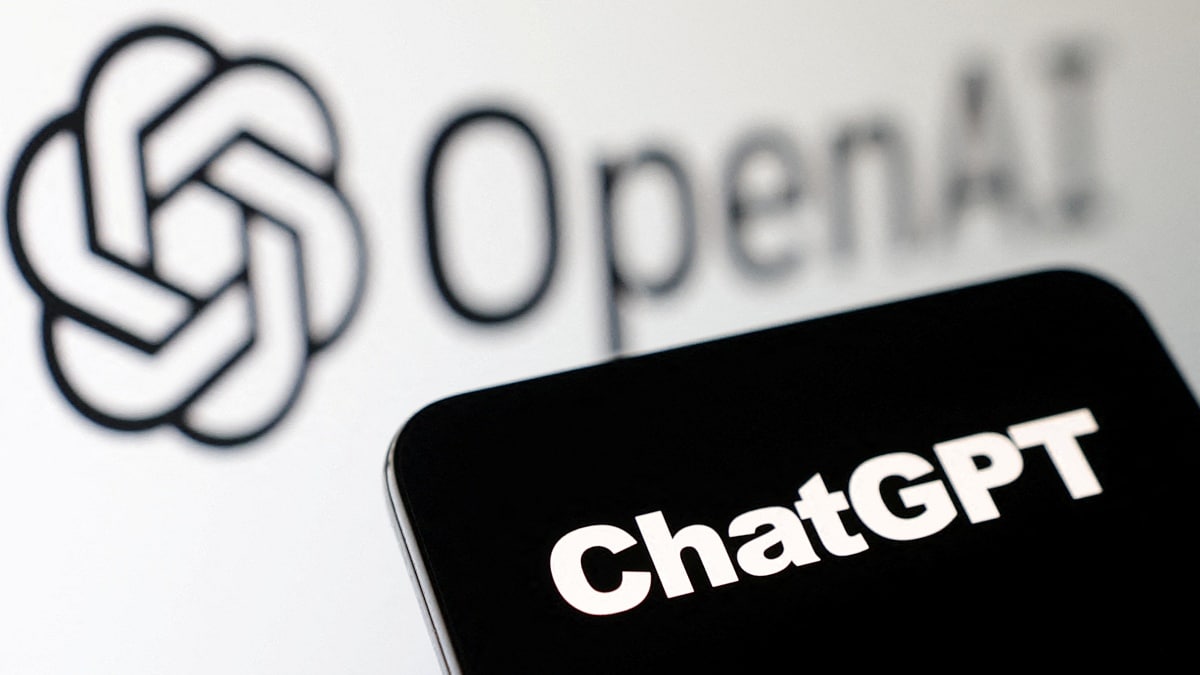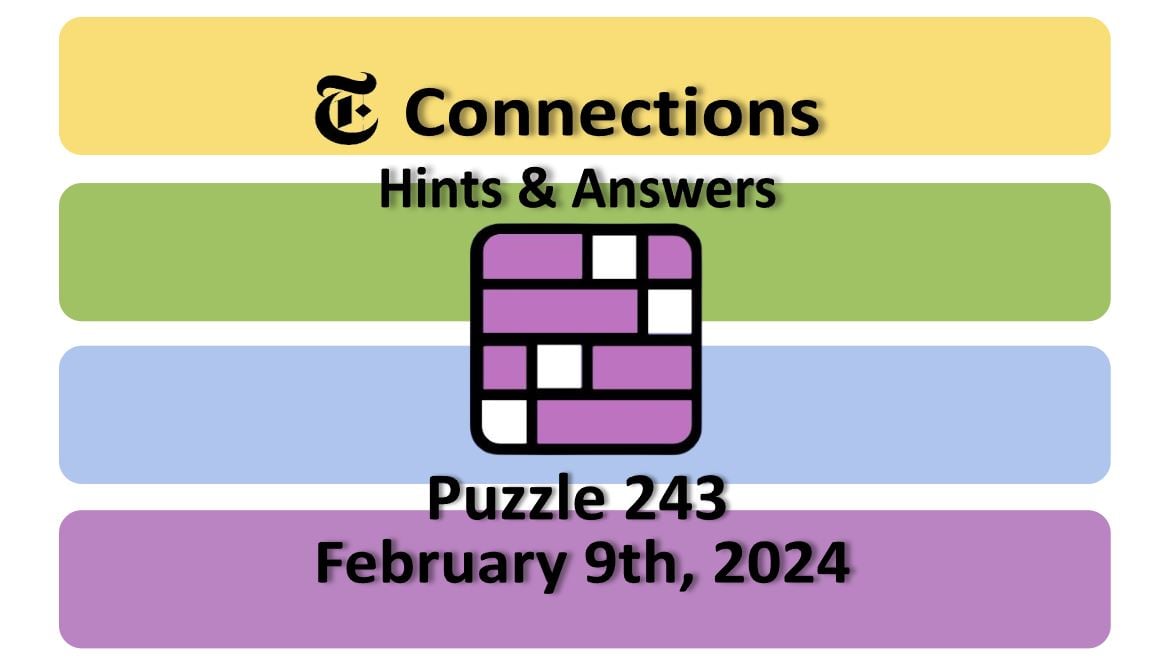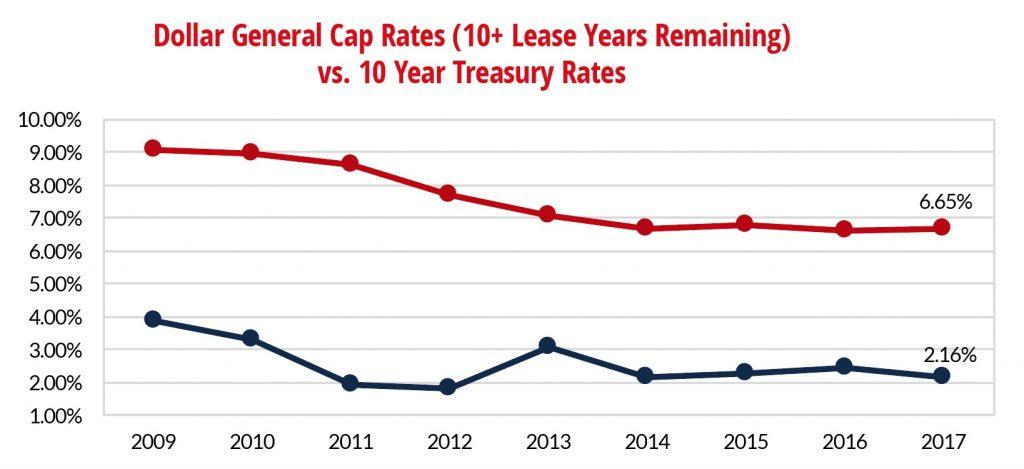OpenAI And ChatGPT: Facing FTC Investigation For Potential Privacy Violations

Table of Contents
The FTC's Investigation: What We Know
The Federal Trade Commission (FTC) plays a crucial role in protecting consumer privacy in the United States. It enforces various federal laws, including those related to data security and deceptive trade practices. The FTC's investigation into OpenAI and ChatGPT stems from concerns about the company's data collection practices, data security measures, and potential violations of consumer protection laws, including the Children's Online Privacy Protection Act (COPPA).
- FTC's authority regarding data privacy and AI: The FTC has broad authority to investigate unfair or deceptive acts or practices, including those involving the collection, use, and disclosure of personal information. Their power extends to emerging technologies like AI, given the potential for harm to consumers.
- Timeline of the investigation: While the exact timeline remains confidential, reports suggest the investigation began sometime in 2023, prompted by increasing concerns surrounding data handling in generative AI models.
- Specific allegations against OpenAI and ChatGPT: The specific allegations haven't been publicly disclosed by the FTC, but it's likely related to issues surrounding the collection and use of personal data, lack of transparency in data handling, and potential inadequate safeguards against data breaches. This includes concerns about the potential for unauthorized access to sensitive user information inputted into ChatGPT.
- Potential penalties OpenAI faces: If the FTC finds OpenAI in violation of consumer protection laws, the company could face significant penalties, including hefty fines, mandatory changes to its data practices, and potentially even legal injunctions limiting its operations.
ChatGPT's Data Collection Practices and Privacy Risks
ChatGPT, like many AI models, collects and uses user data to improve its performance and tailor its responses. However, the nature and extent of this data collection, and the potential risks associated with it, have raised serious privacy concerns.
- Types of data collected: ChatGPT collects various types of data, including user inputs (prompts and conversations), interaction history, IP addresses, and potentially device information. The vast amounts of data processed raise concerns about the potential for misuse.
- Data storage and retention policies: The specific data retention policies of OpenAI remain somewhat opaque, creating uncertainty around how long user data is stored and what security measures are in place.
- Data sharing practices with third-party companies: Concerns exist about whether OpenAI shares user data with third-party companies for purposes such as advertising or other commercial activities. Transparency in this area is crucial to build trust with users.
- Potential vulnerabilities to data breaches: As with any system handling large amounts of sensitive data, ChatGPT is potentially vulnerable to data breaches. Robust security measures are essential to mitigate this risk.
- Lack of transparency regarding data handling: A key criticism leveled against OpenAI is the lack of transparency around its data handling practices. Users need clear and easily accessible information about how their data is collected, used, and protected.
Implications for Users and the Future of AI Development
The FTC investigation has significant implications for ChatGPT users and the future of AI development.
- Potential changes to ChatGPT's privacy policy: The investigation may lead to significant changes in OpenAI's privacy policy and data handling practices to ensure greater user protection and compliance with regulations.
- Increased user awareness of AI privacy risks: The investigation raises awareness among users about the potential privacy risks associated with using AI-powered tools, encouraging greater scrutiny of privacy policies and data handling practices.
- Need for stricter regulations on AI data handling: The investigation underscores the need for stronger government regulations specifically targeting the unique privacy challenges presented by AI systems.
- Impact on public trust in AI technologies: Negative publicity surrounding data privacy issues can erode public trust in AI technologies, hindering their widespread adoption and acceptance.
- Future implications for the AI industry and innovation: The outcome of this investigation will set a precedent for the AI industry, potentially impacting future innovation and the development of responsible AI practices.
The Role of COPPA and Other Regulations
The Children's Online Privacy Protection Act (COPPA) is particularly relevant in the context of the FTC investigation. COPPA requires websites and online services to obtain verifiable parental consent before collecting personal information from children under 13. Concerns have been raised about whether ChatGPT inadvertently collects data from underage users without appropriate consent.
- Specific concerns related to children's data and ChatGPT: The accessibility and ease of use of ChatGPT raise concerns about children unintentionally sharing personal information.
- Compliance requirements under COPPA and other regulations: OpenAI needs to ensure full compliance not only with COPPA but also with other relevant data privacy regulations, such as GDPR (in Europe) and CCPA (in California).
- Potential legal challenges for OpenAI: Failure to comply with COPPA and other regulations could expose OpenAI to significant legal challenges and penalties.
Conclusion
The FTC investigation into OpenAI and ChatGPT highlights the urgent need for robust data privacy protections in the rapidly evolving field of artificial intelligence. The outcome of this investigation will have significant implications for both OpenAI and the broader AI industry, shaping future development and regulation. The investigation serves as a stark reminder of the importance of ethical considerations and transparent data handling practices in the design and implementation of AI technologies.
Call to Action: Stay informed about the evolving situation surrounding OpenAI, ChatGPT, and the FTC investigation. Learn more about protecting your data privacy when using AI-powered tools and advocate for responsible AI development. Understanding the OpenAI and ChatGPT privacy implications is crucial for navigating the future of AI safely and responsibly.

Featured Posts
-
 Solving Nyt Connections Puzzle 645 March 17 A Step By Step Guide
May 19, 2025
Solving Nyt Connections Puzzle 645 March 17 A Step By Step Guide
May 19, 2025 -
 Epeteios Mnimis Payloy Pyrinoy Me Ton Mitropoliti Beroias Naoysis Kai Kampanias
May 19, 2025
Epeteios Mnimis Payloy Pyrinoy Me Ton Mitropoliti Beroias Naoysis Kai Kampanias
May 19, 2025 -
 Broadcoms Proposed V Mware Price Hike At And T Details A 1050 Cost Surge
May 19, 2025
Broadcoms Proposed V Mware Price Hike At And T Details A 1050 Cost Surge
May 19, 2025 -
 Ubers Resilience Analyzing The Stocks Recession Resistance
May 19, 2025
Ubers Resilience Analyzing The Stocks Recession Resistance
May 19, 2025 -
 Todays Nyt Mini Crossword March 6 2025 Complete Solution
May 19, 2025
Todays Nyt Mini Crossword March 6 2025 Complete Solution
May 19, 2025
